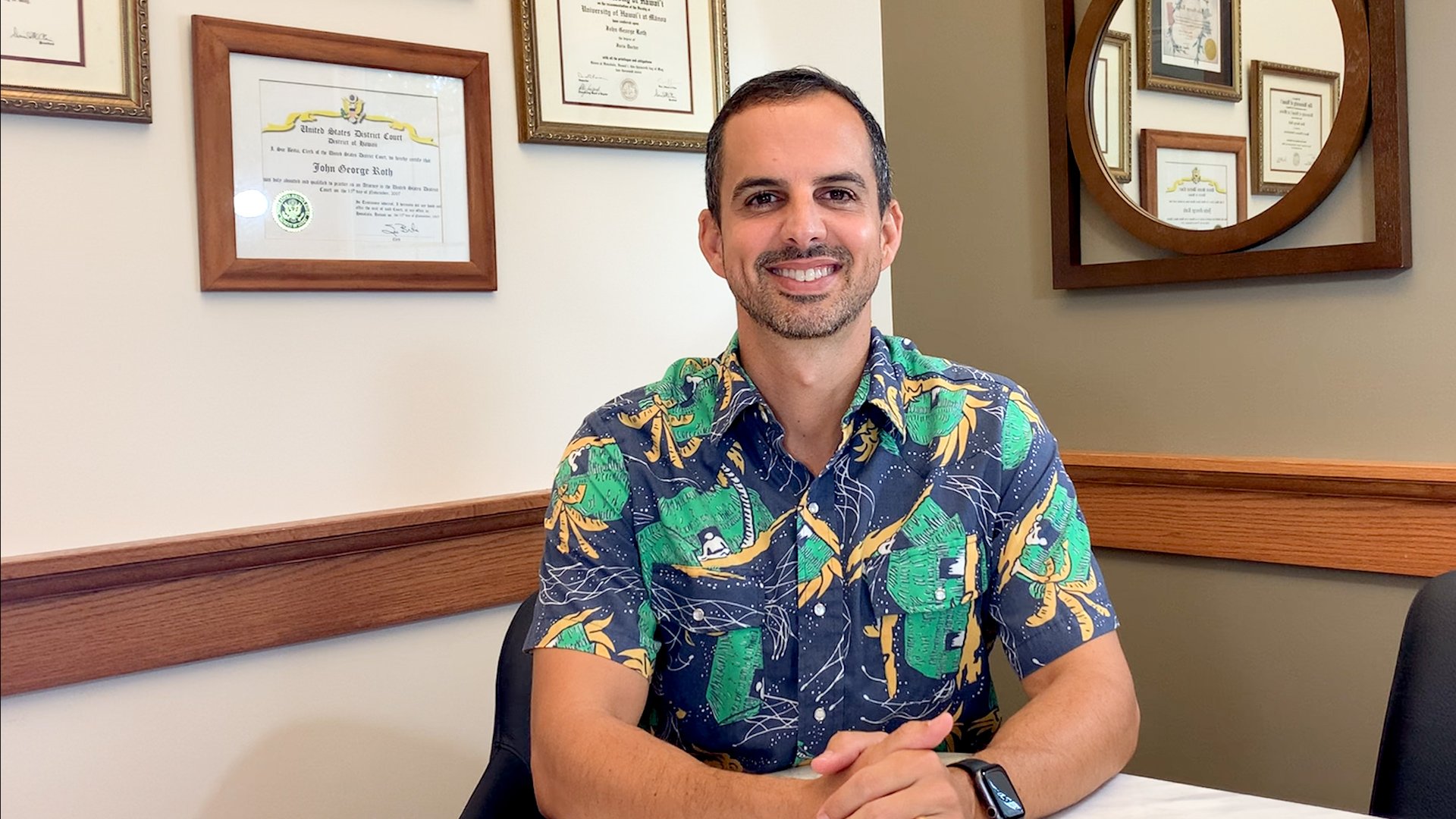Letters of Instruction and Ethical Wills are alike in that both are highly personal and neither is legally binding, but they serve very different purposes.
There is no such thing as a standard Letter of Instructions or standard Ethical Will.
Letter of Instructions
A person’s Letter of Instructions generally contains information intended to benefit those who will have roles to play upon the person’s death or incapacity. So, for example, such a document may include contact information for the person’s lawyer, financial advisor, insurance agent; location of important documents, such tax returns, insurance policies, birth certificate, deeds, and Social Security card; copies of brokerage, retirement, and bank statements; passwords needed to access electronic files; instructions relating to gifts of personal items not specifically addressed in the person’s Will or Will Substitute; guidance to a trustee regarding the making of discretionary distributions after the person’s incapacity or death; information about a surviving spouse, child or grandchild that the person does not want included in a legal document; and detailed information about the person’s pet, such as favorite food, medical history, exercise routine, and perhaps even birthday!
The above examples are not exclusive; a complete list of ways in which Letters of Instruction have been used would be too long for this column.
Ethical Wills
A person’s estate plan normally is built around a Will or Will Substitute (such as a Revocable Living Trust) that controls the disposition of that person’s estate; a Durable Power of Attorney relating to property decisions while the person is still alive; and an Advance Directive relating to decision making while the person is in the last stages of dying. These documents begin with standard forms that are then customized to fit each client.
In contrast, there is no standard form for an Ethical Will. Such documents are intensely personal.
Rather than transmit material wealth, an Ethical Will is sometimes used to pass wisdom and love to future generations, perhaps addressing ethical or spiritual values, life's lessons, hopes for the future, expressions of love, family stories, cultural history, blessings, expressions of forgiveness, and possibly a request for forgiveness.
Ethical Wills can be traced to the Old Testament, but the American Bar Association has described them as an aid to modern estate planning. Others have called them a spiritual healing tool.
Ethical Will are intended to be read by others, but finding the right words to convey one’s innermost beliefs, feelings, and ideals can be a profoundly moving experience. A few people have described their creation of an Ethical Will as life-changing.
Although no one will ever be legally bound by the contents of a Letter of Instruction or an Ethical Will, for some people they are well worth the time it takes to create them.
As always, I must add that this column does not contain legal advice, and that you should not rely on any of the above information to determine what is in your own best interest.
John Roth is the founder of Hawaii Trust & Estate Counsel, a statewide estate planning law firm with offices in Waimea, Hilo, Kona, and Honolulu. He has taught Estate Planning at the Richardson School of Law, and business law courses at the University of Hawaii—Hilo. He has resided in North Hawaii since 2008.












